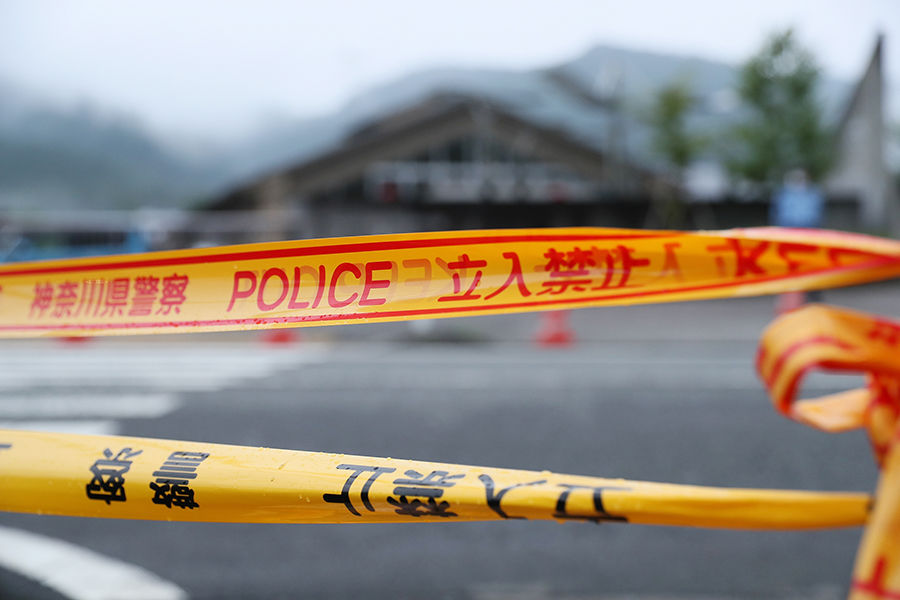Tokyo, Japan, Sep 13, 2016 / 03:02 am (CNA/EWTN News).- In late July, the worst mass killing in Japan since World War II left 19 people dead and 26 people wounded. The suspected killer, 26-year-old Satoshi Uematsu, carried out his attack against people with disabilities at a care center, where Uematsu had worked for four years.
According to a Japanese news source, Uematsu had warned Parliament in February that he was planning such an attack, to get rid of disabled people “for the sake of Japan.” In a way, the reaction to his attack showed that the country, and much of the world, would already like to pretend that the disabled do not exist.
Weeks after the incident, police in the Kanagawa Prefecture, where the attack took place, have not released the names of the victims, citing family members requests for privacy. “Such nondisclosure is unusual,” Motoko Rich wrote in an article for the New York Times. “In other rare instances of mass killings in Japan, like the stabbings of five elderly victims on Awaji Island, south of Kobe, last year, or a knifing attack in 2008 that left seven dead in the Akihabara neighborhood of Tokyo, the police identified the victims within days,” she wrote.
“Advocates for disabled people say withholding the names is consistent with a culture that considers them lesser beings. Keeping the victims hidden, even after their deaths, these advocates say, tacitly endorses the views of those — including the assailant — who say disabled people should be kept separate from the rest of society,” she added.
But the problem goes beyond Japan, said Lydia Brown, an author, speaker and advocate for the disabled, who also has autism. “The...victims have been mostly ignored or quickly shuffled through the news cycle in all world media, both within and outside Japan,” Brown told CNA in e-mail comments.
“Ableism (discrimination in favor of the able-bodied) and related shame, stigma, and dehumanization of disabled people is widespread in East Asian cultures, but is also equally prevalent in Western and other societies as well.” An example of this discrimination is the way Western media treats the stories of disabled people who are murdered by their family or caretakers, Brown said. “...our own media narratives typically paint such incidents as 'understandable' due to the 'stress' or 'burden' of supporting a disabled person,” Brown said. “Additionally, popular and news media too frequently glorify our suicides as brave and courageous, vilify us as deranged serial killers and threats to public safety, and justify violence committed against us as understandable. That needs to change.”
Recently, disability rights groups and advocates have been particularly outspoken about the dangers of legislation that would legalize assisted suicide, warning that such laws would further marginalize the disabled and terminally ill. They warn that there are not enough safeguards to protect already vulnerable populations from murder at the hands of family members or caregivers. Brown said that people with disabilities throughout the world have also been fighting for years against discrimination and violence, which comes in the form of assuming disabled people cannot make decisions for themselves, as well as in the overuse of institutions to keep disabled people “contained.”
“Part of that violence is the widespread use of institutions — from psychiatric wards to segregated special education schools to developmental disability institutions to nursing homes — to contain and isolate disabled people from the rest of society, creating a perfect environment for abuse and violence to proliferate unchecked,” Brown said. “We must fight for liberation of all our people — from all institutions and prisons.”

